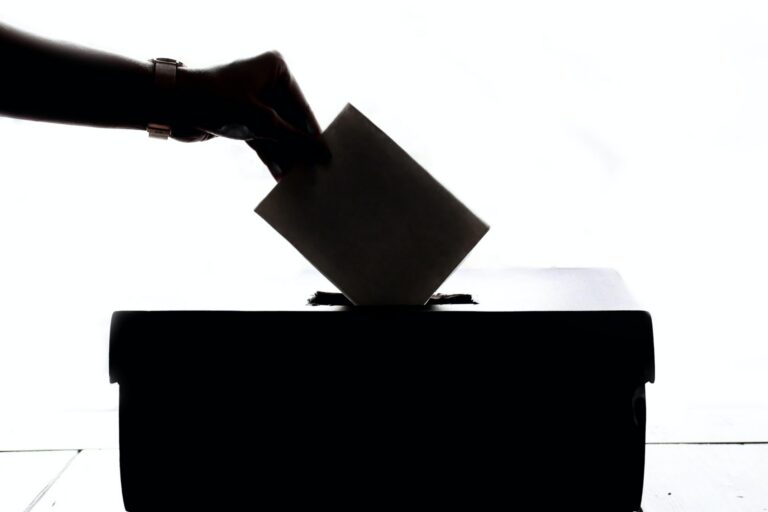
The United States has come a long way to ensure equal voting rights for all Americans. However, one population that has been neglected is those previously incarcerated. Many have been unable to vote in the United States until a few years ago, when some states started reforming this law.
The National Conference of State Legislatures published an article detailing felon voting rights. The general trend recently has been towards reinstating voting rights for convicted fellows, but this does vary by state policy. Some states have fallen under the automatic restoration category, but this does not mean that voting rights and registration happen that quickly. First, prison officials inform election officials that an individual’s rights have been restored, then it is that person’s responsibility to re-register to vote. Some states never took away an individual’s right to vote once convicted or after serving their time including the District of Colombia, Maine and Vermont. In 16 states, felons lose their voting rights only while incarcerated and then when released have the ability to vote again. These states include Colorado, Hawaii, Illinois, Indiana, Maryland, Massachusetts, Michigan, Montana, Nevada, New Jersey, New Hampshire, North Dakota, Ohio, Oregon, Pennsylvania, Rhode Island and Utah. In 21 states, individuals incarcerated lose their voting rights during incarceration and typically while on parole and/or probation or for some period of time after release. Usually, many have outstanding fines, fees or restitution that they must pay before their voting rights are restored. Alaska, Arkansas, California, Connecticut, Georgia, Idaho, Kansas, Louisiana, Minnesota, Missouri, New Mexico, New York, North Carolina, Oklahoma, South Carolina, South Dakota, Texas, Washington, West Virginia and Wisconsin are all states that enforce this. Finally, in 11 states, felons lost their voting rights indefinitely for some crimes or require a governor’s pardon to have their voting rights restored, have additional time periods to wait before they’re restored or require additional actions. These last few states are Alabama, Arizona, Delaware, Florida, Iowa, Kentucky, Mississippi, Nebraska, Tennessee, Virginia and Wyoming. Individuals deserve the chance to have their voice heard and representation in each state. especially after they have completed their sentences and are working hard to be a productive member of society. Without the right to vote, the system cannot provide adequate care or change for those previously convicted who do not have voting rights. States are slowly changing laws to allow voting rights to those previously incarcerated to be restored so if you live in one of the states that allows you to vote, take advantage.